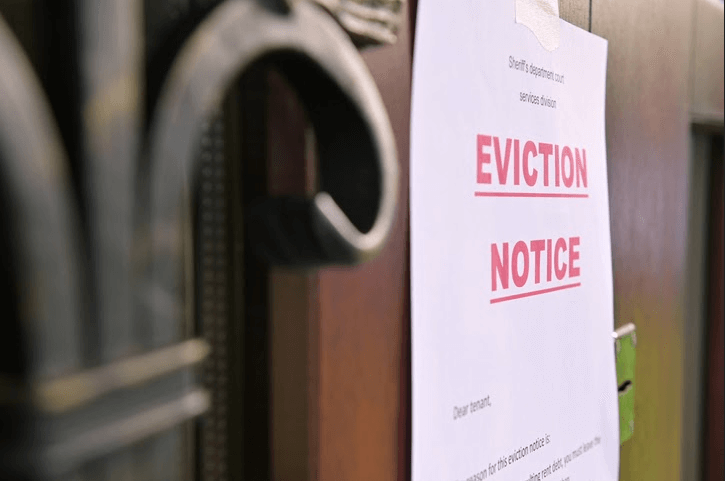Landlords in Florida can terminate a tenancy for a tenant violating their lease, which would include failure to pay rent when due. A landlord can evict a tenant if the tenant does not comply with a written notice of a threatened eviction. If an eviction notice is not complied with, the landlord may file an eviction lawsuit.
A landlord should seek advice from an attorney before issuing an eviction notice or taking any legal action that could evict a tenant. One of the various notices may be required depending on the lease terms and if it is for a residential or commercial tenancy. For residential tenancies, the three-day failure to pay rent notice is the most common.
Three-Day Notice to Pay Rent: The landlord can give the tenant a three-day notice to pay rent if the tenant fails to pay rent. The notice must state that the tenant must pay the rent in three days or move out of the unit, or the landlord will terminate the tenancy. The landlord can file an eviction lawsuit at the end of three business days If the tenant does not pay or move out.
Defenses Tenants Have When Facing an Eviction
Tenants facing eviction have the right to fight the eviction. Fighting an eviction will usually increase the eviction lawsuit timeframe. Tenants have some defenses in fighting an eviction. Examples of possible defenses are a claim they were not properly served a notice by the landlord, that the landlord waived their rights, or that the landlord is discriminating against the tenant.
It is essential to know that a landlord must never use extrajudicial force to force a tenant out. The power to remove a tenant rests solely with the courts. A tenant can be removed only after the landlord has successfully won an eviction lawsuit. Under Florida law, it is illegal for a landlord to remove a tenant from a rental without a court order, and even then, only the sheriff can forcibly remove a tenant..
If a tenant leaves the property but leaves their personal property in the premises, a landlord must inform the tenant that they must claim and remove all their personal property from the dwelling. If personal property is left after ten days if the notice was delivered or 15 days after the notice was mailed, the landlord can sell or dispose of any unclaimed property.
Contact a Real Estate Attorney
When evicting a tenant, landlords must follow all rules required by Florida law, or the eviction could be invalid. These rules help ensure an eviction is justified, and the tenant can find alternative living arrangements. If you are evicting a tenant or are a tenant who feels they are being evicted unfairly, please contact a real estate attorney, such as Richard S. Weinstein, Esq., at (561) 745-3040.
Richard S. Weinstein
A real estate attorney can help you with all of your real estate needs. Richard S. Weinstein is an experienced real estate attorney and title agent who can help you with your real estate transactions. Having legal representation makes good real estate business sense. A competent and experienced attorney will protect your interests.
With over 50 years of experience as an attorney, Richard S. Weinstein assists clients with the important financial situations in their lives. Whether you are dealing with bankruptcy, real estate (both commercial and residential, including short sales, foreclosures, and title insurance), estate planning, probate, business formations, or sales or mergers, Richard S. Weinstein is the attorney with the education, experience, and knowledge you need! Call us at (561) 745-3040 or visit his website at rweinsteinlaw.com.
Law Office of Richard S. Weinstein, P.A.
250 S. Central Blvd. #101
Jupiter, FL 33458
Phone (561) 745-3040
richard@rweinsteinlaw.com
© Copyright 2021. All Rights Reserved.



No Comments